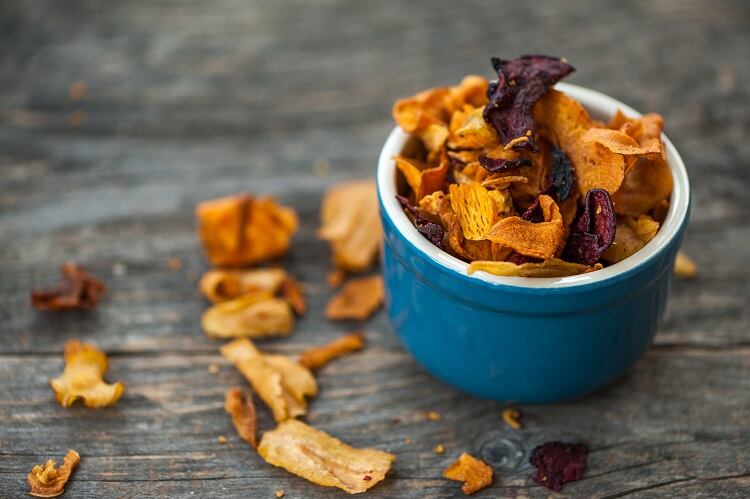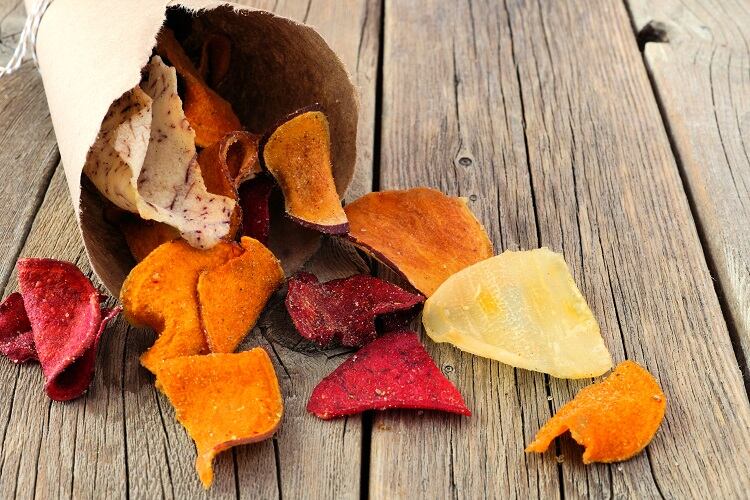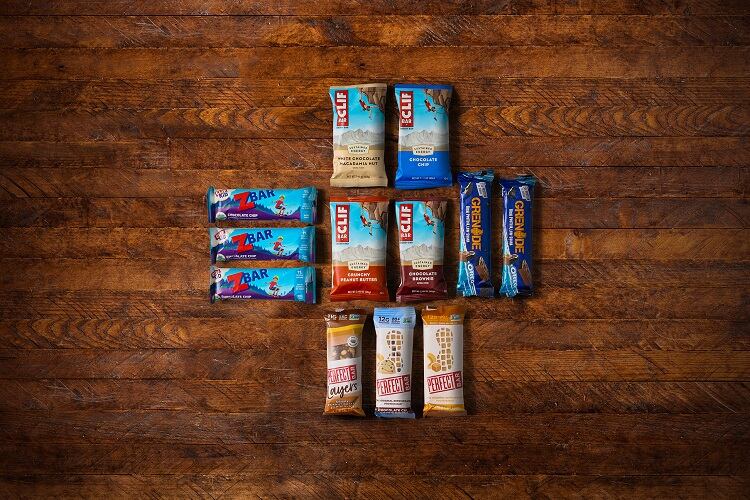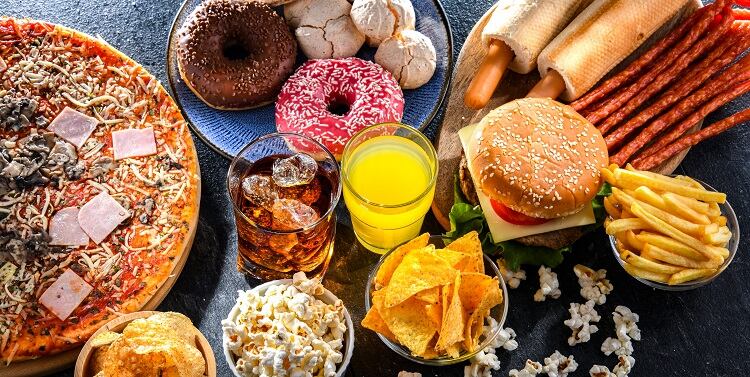Vegetable crisps are an alternative to potato crisps. Made with a range of vegetables including beetroot, sweet potato, and parsnip, they are often perceived as a ‘better-for-you’ alternative to their potato cousins. But are they?
How do consumers perceive vegetable crisps?
Vegetable crisps are often seen as a healthier, ‘better-for-you’ alternative. “Vegetable chips [crisps] have traditionally been positioned as a sort of better-for-you (BFY) or healthier option among salty snack products,” Carl Quash III, head of snacks and nutrition at marketing research company Euromonitor, told FoodNavigator.
“While there is a growing number of consumers that are also looking to the category for nutrition, more indulgent, flavourful, and fun formats tend to win out. This is why per capita potato chip consumption is much greater than vegetable chips. This is why per capita spend on potato chips is much higher than vegetable chips. And this is why vegetable chip manufacturers are investing more in flavour and indulgent product aspects to meet the demand from the nearly one-in-three consumers that typically snack to treats or reward themselves.”
Potential of an HFSS tax
A recent study exploring the potential of taxing foods high in fat, salt and sugar (HFSS) found that a tax could indeed affect the sales of such products. The researchers suggested that combining these taxes with subsidies for healthier options could help people with lower incomes to improve their health.
In the German market, for example, “vegetable/fruit slice crisps may be a popular choice among younger users, who may see these as a way to include more fruit and vegetables in their diet and capitalise on the health halo that fruit and vegetables enjoy. It also aligns with the ‘5 am Tag’, which encourages Germans to eat five portions of fruit and vegetables a day,” Khalid Peerbaccus, food and drink senior analyst at market research company Mintel, told FoodNavigator.
“Over a fifth (21%) of German snack eaters aged 16-34 have eaten vegetable/fruit slice crisps, compared to just 5% of over-65s.”
However, in the US market, they are compared to fresh-cut vegetables rather than potato crisps, and are viewed as a less healthy option as a result.
“In the US, vegetable snacks have to compete with fresh/loose and chopped fresh vegetables, which are seen as snackable,” Jolene Ng, senior food and drink analyst for Mintel, told FoodNavigator.

“According to Mintel Purchase Intelligence, US consumers perceive vegetable snacks as significantly less healthy, good value, natural and tasty in comparison to packaged, chilled and shelf-stable fresh vegetables.
“New-generation vegetable snacks can change consumers' perceptions by communicating quality, natural nutritional benefits and versatility of usage to encourage trial.”
Are vegetable crisps healthier than potato crisps?
While vegetable crisps are sometimes perceived as healthier than potato crisps, this isn’t always the case. In fact, in many occasions there isn’t much difference between the two.
“The nutritional content of the two items is very similar and there is no significant nutritional benefit to consuming vegetable crisps instead of potato crisps,” nutritionist and author Charlotte Stirling-Reed told FoodNavigator.
While there are some key nutritional differences between the two, there overall health impact is very similar, Stirling-Reed told us.
Can high consumption of HFSS foods damage memory?
A recent study found that high consumption of ‘junk food,’ HFSS foods with no nutritional value, can impact memory. It can reduce the presence of the neurotransmitter Acetylcholine, which is also lower in people with Alzheimer’s. The study compared the memory of rats on a junk food diet to rats without one, and found that the junk food-eating rats were poorer at remembering.
“It will always depend on the exact products being compared as there will be lots of variations between brands, but overall, the nutrient content is likely to be quite similar. Potato crisps may have a higher protein content, as potatoes tend to be slightly higher in protein than most vegetables. Vegetable crisps tend to have a higher carbohydrate, and sugar content, as the processing of the vegetables in the making of crisps means any natural sugars included are considered added sugars. Vegetable crisps do have a higher fibre content. However, both products tend to be high in saturated fats and salt, which should be limited in our diets.”
The higher fibre content in vegetable crisps, Stirling-Reed suggested, is unlikely to be substantially beneficial to health. It “isn’t likely to be enough to have any positive impact on health and the small amount of micronutrients that may be present in vegetable crisps is outweighed by the levels of sugar, salt and saturated fat which are likely to be fairly high.” They wouldn’t, she added, be considered a ‘nutrient-dense’ food.
Are these products HFSS? It depends, Stirling-Reed told us, but usually yes. “It always depends on the exact nutrient profile of the brand of vegetable crisps, as this determines whether a food is classified as HFSS. Generally speaking vegetable crisp products on the market are likely to be considered HFSS foods, as they often contain high levels of saturated fats, salt and sugar, and should therefore be limited in our diets overall.”




